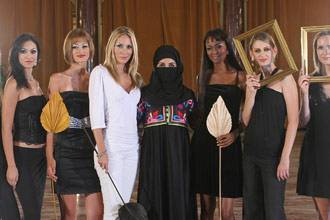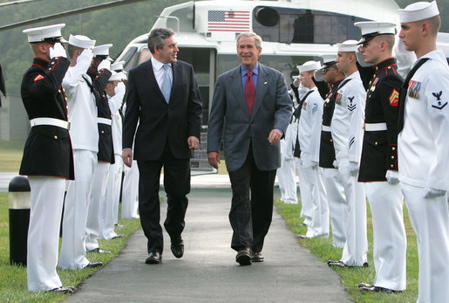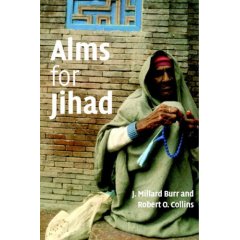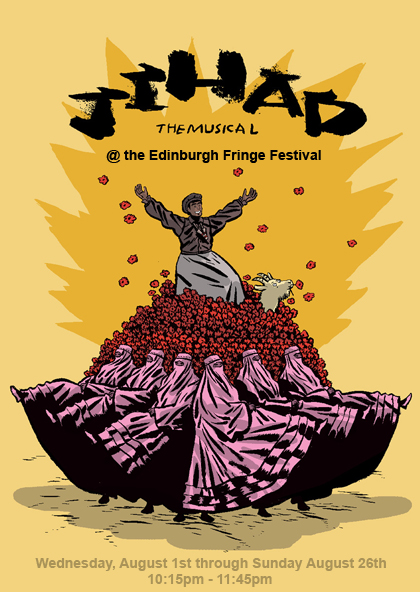Eine wütende Klage des jordanischen Liberalen Shaker Nabulsi gegen die Machtergreifung des Klerus in der arabischen Welt. Interessanter Weise findet sich dieser sehr lesenswerte Essay auf einem saudischen Debattenforum:
The cleric is the number one man in the Arab world today. He is the one in first place, the owner of the first position, the one who preaches the first sermon, who drinks the first cup of coffee. If he wants to hold a public demonstration, he need utter only one word and streets are closed in his honour. Clergymen shut down newspapers, fire their editors, direct TV and radio stations, threaten ministers of culture, and haul them into court. Clergymen issue fatwas on satellite channels to kill poets and intellectuals, to burn their books, and to exile them from the country.

Shaker Nabulsi
One cleric will issue a fatwa commanding Arabs to spill the blood of Arab liberals, without an investigation. Another will call Arab intellectuals infidels and atheists, and the accused will be convicted by public opinion, and denied the right of legal representation in the courts. In such cases international human rights organizations are often denied the right to defend the accused. Those who issue such fatwas are not punished, or even held accountable for their actions.
A cleric today can issue a personal fatwa demanding the death of an entire group of Arab liberals, and there is no requirement for an investigation of possible wrongdoing.
Today clergymen interfere in the smallest details of Arab daily life, forcibly entering and searching the homes of people, ordering the police to arrest fathers and sons, accusing the head of the household of being an immoral infidel, spitting in the faces of women, accusing them of being prostitutes. Clergy are not required to obtain a special order or an authorization from the authorities in order to commit such atrocities.
Today, in the Arab world, the cleric has become the first politician. The Arab mind, through lifting the Koran high, has thrown all other books to the ground, trampling on them and tearing them to pieces. Now that „Islam is the solution“ has become the belief of the people, all the scientific, political, economic, social and cultural knowledge that was so painfully acquired over centuries is being trampled upon.
…
Islam’s original message was one of unification and liberation. It opposed the forces of obscurantism, the sorcerers and the charlatans. It was a message that called for thinking and contemplation. That message has been betrayed. It has been taken over by a set of daily fatwas characterized by illiteracy, magic, sorcery, and quackery.
How did clergymen manage to become the leaders of our human caravan? How have these magicians taken the place of the horsemen who led us in the past?
Muslim clerics in Arab states have been encouraged to issue fatwas on all matters, useful and useless, important and puerile, small and big, to the point that we need a fatwa to tell us how to eat or go to the bathroom. This shows how the Arab mind has degraded itself.






